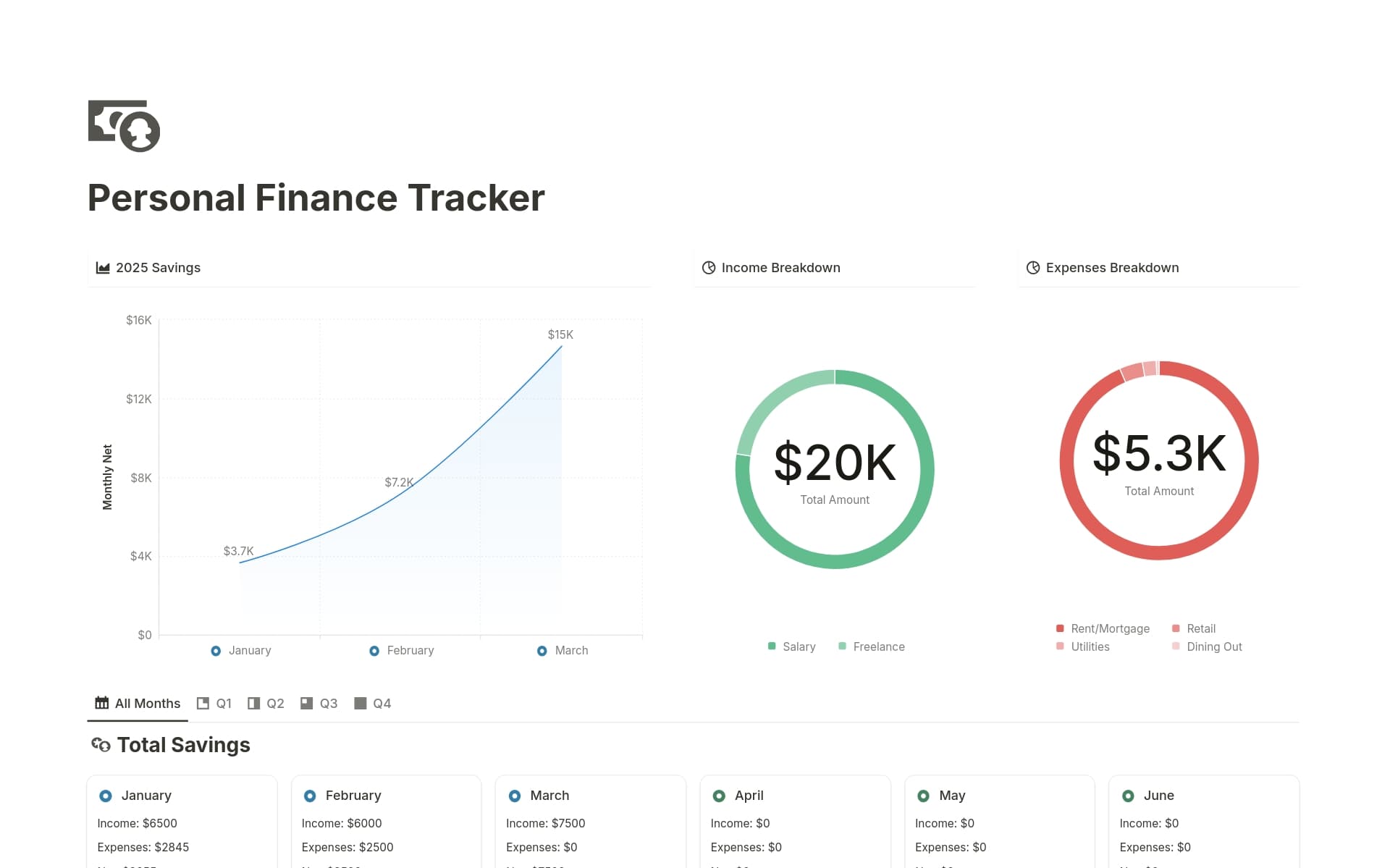Engineering tasks form the backbone of any mechanical engineering project, laying out the necessary steps and responsibilities to take a concept from ideation to real-world application. With tasks ranging from design to testing, an Engineering Tasks template in Notion could streamline this complex process by organizing all activities into a cohesive, easily navigable interface. This organization can lead to increased efficiency, clearer communication among team members, and a more structured approach to problem-solving.
Before embarking on creating your own Engineering Tasks template, consider exploring these existing templates below to simplify the process and enhance your project management capabilities.
What Should Engineering Tasks Templates Include?
Choosing the right Engineering Tasks Template can streamline project management and enhance productivity. Here are key components to look for in an effective template:
Task Prioritization Features - Ensure the template allows for easy sorting and prioritization of tasks based on urgency and importance.
Integration Capabilities - A good template should seamlessly integrate with other tools used in engineering projects, such as CAD software and project management platforms.
Progress Tracking - It should include features for tracking the progress of each task to keep all team members updated and ensure timely completion.
Resource Allocation - Look for templates that help manage resources effectively, detailing who is responsible for what and the timelines for each task.
Selecting a template with these components will help ensure that your engineering projects are well-organized and executed efficiently.
What Should Engineering Tasks Templates Avoid?
Choosing the right Engineering Tasks Template is crucial for streamlining your workflow. However, it's equally important to know what to avoid in a template to ensure efficiency and clarity.
Overly Complex Layouts: Avoid templates with too many sections and subcategories. They can make the template difficult to navigate and slow down your task management process.
Non-Customizable Elements: Steer clear of templates that don't allow you to modify elements. Flexibility is key in engineering projects to adapt to specific needs and changes.
Irrelevant Metrics: Templates that include unnecessary metrics can lead to confusion and mismanagement. Ensure the template only tracks metrics relevant to mechanical engineering tasks.
Remember, the best template is one that simplifies your process, not complicates it. Choose a template that is straightforward, adaptable, and relevant to your specific engineering field.












